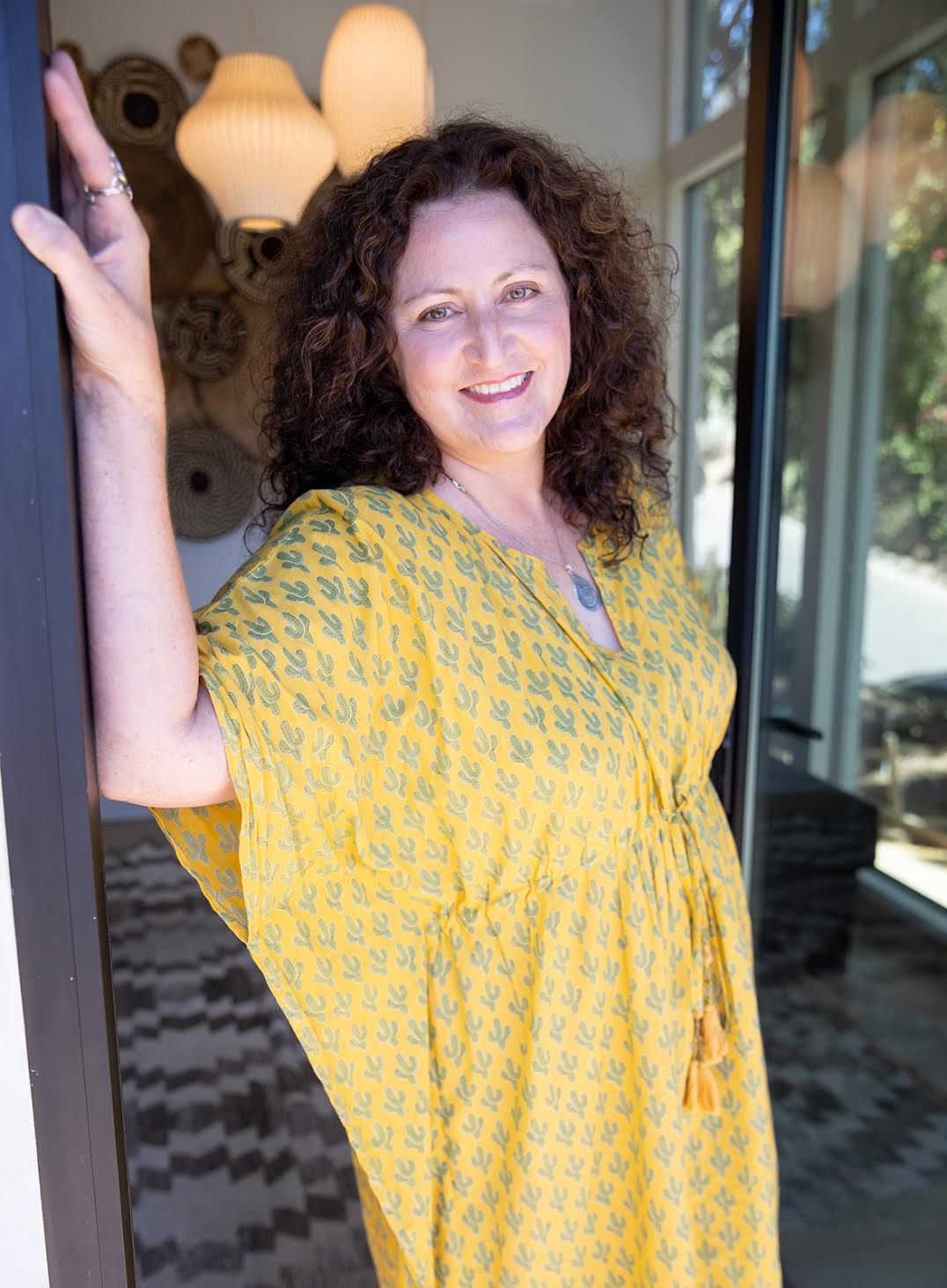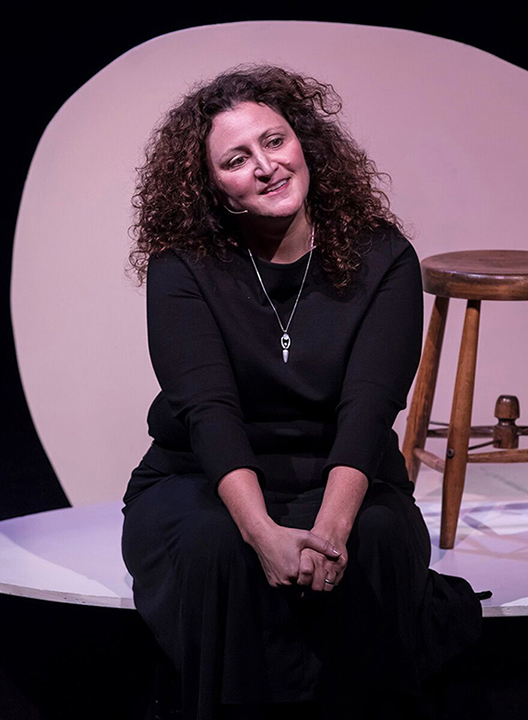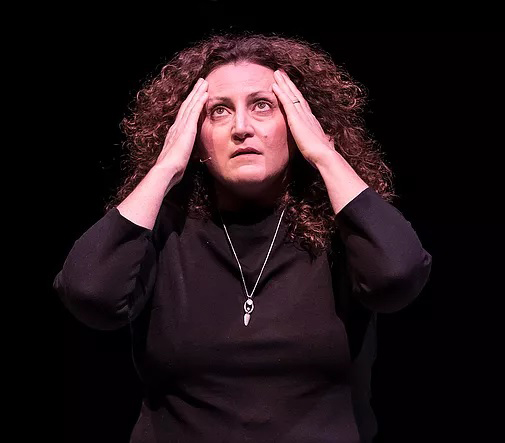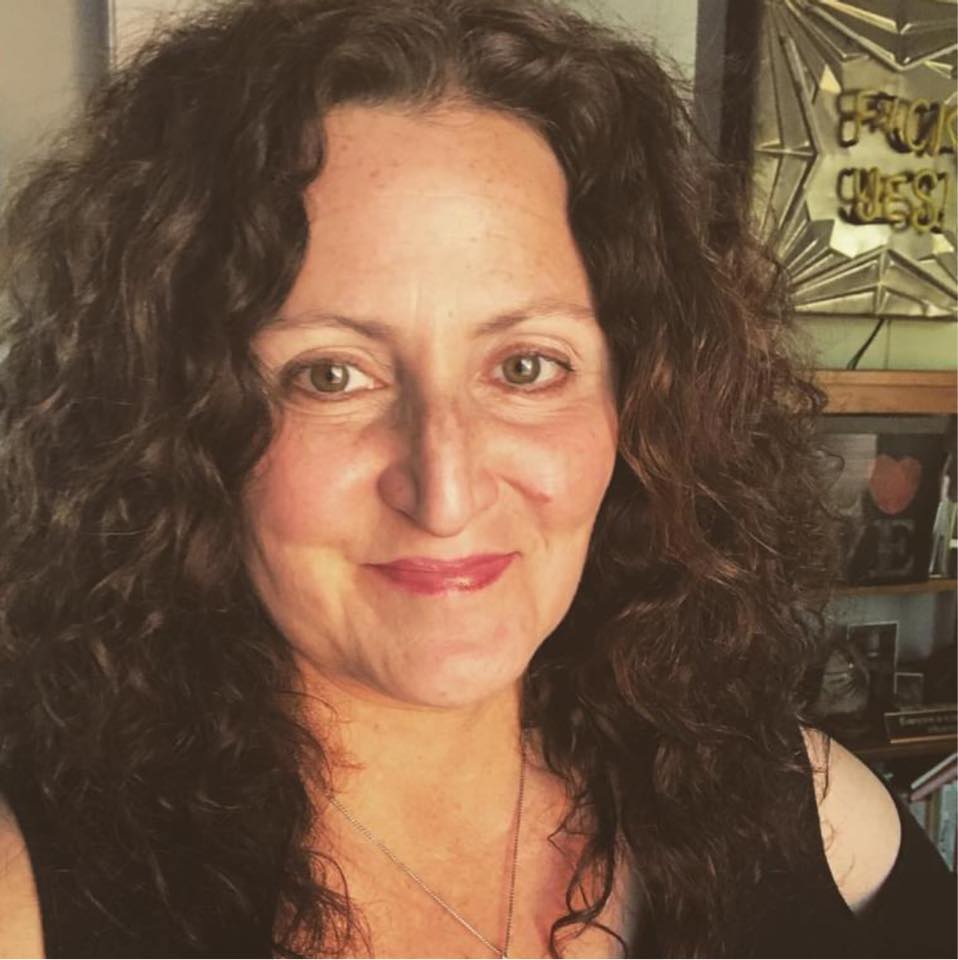We caught up with the brilliant and insightful Elaine Gale a few weeks ago and have shared our conversation below.
Alright, Elaine thanks for taking the time to share your stories and insights with us today. Looking back on your career, have you ever worked with a great leader or boss? We’d love to hear about the experience and what you think made them such a great leader.
The best boss I ever had, no question, was John Habich at the Star Tribune in Minneapolis during my twenties when I was a working journalist. it was my first job, so sadly, I had no idea that he would be the best boss of my life because I had no perspective on what it meant to work for someone as creative, kind, joyful, innovative, curious and encouraging (and tough!) as he was. I had worked my way up from a job taking classified ads and working for $5 an hour as an intern at the Utne Reader when I became obsessed with the newsroom. I had been an intern during college when I went to Boston University at the Boston Phoenix and was lucky enough to have the late, great Carolyn Knapp as my mentor, who was a columnist there. I because a receptionist at the Star Tribune, then convinced them to hire me as a copy editor for six months, then an assistant in the Business Department, then there was a newspaper redesign and I was drafted to write a column for twentysomethings called Dear Genny X, as an advice column, it was way before it’s time, before Tell Me About It, or many of the post Dear Abby types of advice slingers that came afterwards. John was my editor. In addition to the column, I reviewed books, plucking the. best ones of of the slush pile, which I had a knack for, and interviewing up and coming first-time writers–at the time, I interviewed David Sedaris,. who charmed me with his trash bags full of Methol Kools he had hoarded from the casino, and David Foster Wallace, who slightly scared me and spit wet tobacco in arc from his mouth into a cup during our whole interview. It was a heady time, and a time of learning, head down, of studying the craft of writing and John, who was my neighbor and lived a block and a half away, became a boss, a neighbor, a friend, and a mentor bar none. His generosity in teaching me knew no bounds. He taught me about wine, about hosting guests, about cooking, about gardening, about how not to leave leftover Indian food in your car overnight or you have to sell your car. Lol. He was the gay man who mothered me through my twenties, but who also sharpened my saw as a writer, who loved me, who saw me, who disciplined me, who gave me space to grow and become myself. I am in his debt, and at his service, forever. Anything I write has the watermark of his love and care, and I am so grateful. If I can pass along to my students the kind of attention and respect that he gave me, the laughs and the fun, too, then I am happy.

Elaine, before we move on to more of these sorts of questions, can you take some time to bring our readers up to speed on you and what you do?
I was highly creative my whole life. I grew up in Nebraska and the big empty blue sky was a wonderful vista to grow up looking at, it gave us all so much space to explore and learn. My mother was a professor and my father was a lawyer, so I had professional parents who pushed me to pursue my education. I was a strange, creative and kooky kid, for sure, but they thought I was delightful and fun and saw my creativity and tried to help me explore dancing, acting, and other artistic endeavors. Right out of college, I became a journalist and had a lot of success at an early age. I was recruited to the Los Angeles Times in my late twenties and covered religion for them, as part of their “God Squad,” and then slowly made the jump to a doctoral program at University of Denver in my mid-thirties, then was recruited to California State University, Sacramento, after graduating in three years. I have been there since 2006, although I haven’t lived in Sacramento since 2014 due to my then-marriage taking my ex-husband to different locations in California. I have always managed to commute, to serve my university, creating one of Sac State’s flagship events, called U-Nite, in collaboration with the Crocker Art Museum, an event which has attracted up to 2,500 yearly visitors, for an evening of arts and entertainment. I was awarded the University’s top honor in Community Service for creating this event and also co-coordinating it for several years. I am also proud of TrueStory, a nonfiction literary series I created in Sacramento, and in ANIMA, a ritual theater company that I was a founding member of in Santa Barbara, and Scorpio Moon, a ritual theater spin-off I am co-directing and creating in Tucson, Arizona. I belong to several different geographies, so I am proud to serve them and be a nomadic, post-pandemic worker, pollinating these places with the creative magic I can leave behind. I also help people generate their books, and serve as a dissertation coach and editor for Antioch University’s Graduate School of Leadership and Change, a position I have proudly held for 20 years, since 2005. And I recently started doing corporate consulting and writing CEO speeches and communication, in addition to my storytelling career and writing and performing a solo show.
For you, what’s the most rewarding aspect of being a creative?
I think the most rewarding part about being a creative is that your body and your spirit and your heart is filled with the life force, the energy of a seed that bursts through the dirt and becomes a sprout, even against all odds, even when it feels like pure magic. The creative force is what animates us all, and to have a taproot of that running through my body is an honor. It feels like a gift from the earth, to be able to channel this energy. And sometimes, you have to give excess energy, like angst or depression or anxiety, back to the earth when the firehose of energy gets too much. It’s a tricky thing to have this antenna because you can be easily misunderstood. I serve the spirit of creativity. Sometimes, that makes me happy. Sometimes, it feels like a kind of torture. Because things are always getting created or noticed or observed, or understood that you want to share and articulate. I was, at first, more of an artist of the word, so more flat and on paper. But as I have gotten older, I have been more enchanted with performance and with having my body and voice be part of the artistic transmission. It’s riskier, but also so rewarding. And creatives in the academic world are often misunderstood. It’s been a slog in that arena, to be honest. Journalism was, in many ways, a much better fit as a creative context for me. But the industry changed and the affordances of being an academic are very good, like a flexible schedule and a steady paycheck. As a Taurus, I appreciate that kind of stability so that I can work from there.

Do you think there is something that non-creatives might struggle to understand about your journey as a creative? Maybe you can shed some light?
I think sometimes the Muggles, or the people who are less creative, can misunderstand us. We need more flexibility, more emotional support, more wide blue sky, in our transmission of our work. We need to bend the rules, to have some special accommodation, so that we can get what we need to keep creating, especially in worlds that have more rigidity and structure and rules like academia. We aren’t doing it to get exceptions or because we think we are special (we are all special) it’s because our nature requires that of us…..and we will either die on the vine where we are because the folks we work with don’t understand, or we will leave or find a way to creatively subordinate the system to make it work for us. Because, ultimately, we don’t serve the university. We serve spirit. We serve at the feet of the universe itself. We take our assignments spiritually from the world, not from a provost or a dean or a department chair. And if that isn’t respected and understood, this life force gift can be snuffed out from the outside in. And who would want to do that to someone? The obsession with what is perceived as fairness in academia is gross to me. There is no such thing as fair. We wouldn’t want it to be fair anyway because then we wouldn’t have these kinds of jobs, which are very privileged. But academics can become trapped in this stagnant mindset of fairness…it’s like trying to give everyone a size 7 shoe and calling it equality, when equity is that everyone gets to wear the size shoe that they have—this is the biggest mistake academics make with creatives. Because if we get more reasonable accommodation to be ourselves, we could help change the landscape of the places where we work. That’s the big misunderstanding that I see amongst non-creatives.
Contact Info:
- Website: https://www.onegoodeggshow.com
- Instagram: @Elaine-Gale
- Facebook: https://www.facebook.com/elainegale/
- Linkedin: https://www.linkedin.com/in/elainegale/

Image Credits
Photo by Melissa Lowenstein


